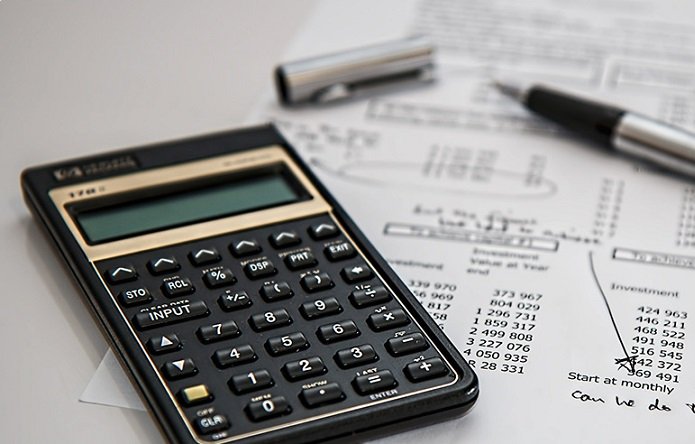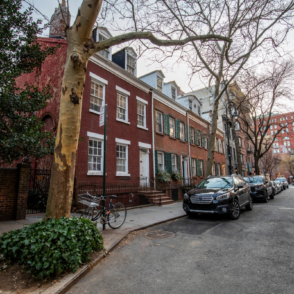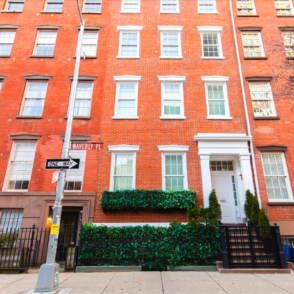For new buyers and sellers, the extra costs associated with a real estate deal – the so-called “closing costs” – can be surprising and sometimes unexpectedly high (especially in New York City, where fees are common and can lead up to thousands of dollars). For sellers these costs may be a fraction of the proceeds, but for buyers it can have a real impact on the total sales price and decision to buy a certain property. But what exactly are these closing costs and which ones are taken over by each side? Read on for everything you need to know!
For NYC buyers:
Title insurance
Closing costs are dependent on the kind of apartment you’re buying. Compared to co-ops, condos usually have higher costs for buyers. One cost that is required by condos is the title insurance – a charge for the transfer of title for real estate properties which is often accompanied by various administrative charges. Co-ops don’t require title insurance as you’re buying shares in a corporation.
Bank fees
Other costs associated with buying a condo are bank fees and mortgage tax. The former includes your bank attorney’s fee plus an appraisal and can be between $2,000 and $3,500, depending on the purchase price. You’ll also have to pay a mortgage tax of 1.8 % for loans under $500,000 or 1.925% for loans over $500,000.
Attorney fees
Attorney fees depend on the complexity of the transaction and start around $3,000 for a standard deal. Expect to pay more when you want to use an LLC to buy a condo or whenever you plan to combine multiple units.
The sponsor’s closing costs
If you’re buying in a new construction, some surprising budget items that need to be accounted for are developer’s closing costs, including attorneys’ fees, transfer taxes, and unit’s share of the super’s apartment. Both condos and co-ops have to deal with these costs and they can add up to thousands of dollars, depending on the purchase price. Note: in the current buyer’s market, buyers may get these costs waived.
Mansion tax
Although the mansion tax may seem like a tax for huge villas, it applies to any purchase over $1 million – including those 500 SF apartments! Buyers have to pay a 1% tax on all NYC properties over $1 million, rising incrementally with the purchase price. It’s because of this tax that many try to negotiate for a price under the $1 million to evade the extra cost.
For NYC sellers:
Brokers’ commission
The NYC real estate broker commission makes up a large part of the closing costs for sellers and is traditionally 5 or 6% of the sale price. The commission is only paid by the seller and is intended to be equally split between the listing agent and the buyer’s agent. If there’s no buyer’s agent, the seller still has to pay 5 or 6% to the listing agent.
Transfer tax
Another big expenditure for sellers is the transfer tax – set on 1.4% for sales prices under $500,000 or 1.825% for deals over $500,000. Next to that, some buildings – mostly co-ops, but condos as well – require to pay flip taxes (sometimes known as transfer fees). This is a fee paid to support building reserves and capital improvements and can be paid by the seller or buyer. However, in the current buyer’s market, you’ll see many buyers getting these fees waived.
For both buyers and sellers:
Building fees
If you buy or sell an apartment within a building, you’ll most likely have to deal with building fees. Building fees can include move-in and move-out fees (ranging from hundreds to thousands) and board application fees (on average around $600). It doesn’t matter if you buy or sell a penthouse or first floor 1-bedroom apartment, the amount will be the same. However, in most buildings, the fees are a deposit which will be returned if there’s no damage on your side.
Are you a buyer or seller and feel like you can use some help with your finances? Click here or call 646.681.5272 with your questions to speak with an agent from Platinum Properties! We’re standing by to help you through every step of the real estate process, whether selling or buying a home, guiding your rental search, or anything in between.



